In a surprising turn of events, Congress reached a funding agreement mere hours before a critical deadline, effectively extending government support for the reverse mortgage industry by an additional 45 days.
Amid looming fears of an impending government shutdown, the Speaker of the U.S. House of Representatives, in conjunction with Democratic members of the chamber, has paved the way for the reverse mortgage sector to continue its operations uninterrupted for the next 45 days.
This eleventh-hour agreement has brought immense relief to professionals in the reverse mortgage industry, who still bear the scars of the disruptive 2018-2019 partial government shutdown that clouded their performance metrics and operations for months.
Industry’s Collective Sigh of Relief
The industry’s response to the avoidance of a government shutdown has been universally positive, with unanimous agreement among loan originators, educators, and analysts that steering clear of the turmoil associated with a shutdown is in the best interest of all stakeholders.
Dan Hultquist, author of “Understanding Reverse,” reflected on the consequences of past shutdowns, stating, “When a continuing resolution is not accepted, as was the case during the 2018 government shutdown, the most significant impact on our industry is the delay in HECM endorsements, a crucial process for our investors.” He noted that in 2018, there were also hiccups in collateral risk assessment and second appraisals, mainly due to manual processes at the time.
While business transactions between lenders, the U.S. Department of Housing and Urban Development (HUD), and the Federal Housing Administration (FHA) are predominantly automated, any instances requiring human intervention, such as certain condo approvals for lenders or general customer assistance for borrowers, could have been significantly disrupted.
Hultquist warned, “Although unlikely, a prolonged government shutdown could eventually cause issues that disrupt new loan originations. For example, if it impacts liquidity in the mortgage business, lenders may hesitate to close loans until the shutdown is resolved.”
George Downey, Regional SVP at the Federal Savings Bank, expressed frustration with the political processes that led to this situation. “I’m relieved it was averted,” he said. “But I have increased concerns going forward as it demonstrated again the depth of government’s dysfunctionality prioritizing private agendas over the nation’s best interests.”
He added, “While a short-term shutdown might have minimal impact on the reverse mortgage industry, it raises questions about what to expect in more significant crises.”
John Lunde, President of Reverse Market Insight (RMI), emphasized the importance of avoiding shutdowns, stating, “It’s always good to avoid the shutdown and any disruptions given FHA’s vital role in the reverse mortgage industry. We dodged a bullet of distortion in the case assignment and endorsement data this time.”
Government’s Preparations
In the final hours leading up to the deadline, officials in the White House, Congress, and government agencies had prepared for the possibility of a shutdown, which many considered “inevitable” in the days preceding the agreement.
The FHA, in an INFO notice, outlined its plans, indicating that most activities of the Office of Single Family Housing and associated mortgage insurance programs could continue through the first week of October. However, the authority to endorse Home Equity Conversion Mortgages (HECMs) would cease after September 30, 2023, if appropriations were not secured. The notice emphasized FHA’s commitment to endorse pending HECM loan submissions before the deadline.
Associations like the Mortgage Bankers Association (MBA) cautioned that this temporary spending bill sets the stage for potential future congressional impasses, potentially risking another shutdown by late November without further legislative action.
Recalling the 2018-19 HUD Impact
The last partial federal government shutdown had consequences for HUD and FHA services, with limited capabilities for actions requiring staff intervention. While HECM payments to existing borrowers continued, there were longer wait times and limited staff assistance for those seeking help via phone or email.
Credit for the originally published article goes to Reverse Mortgage Daily, whose insightful reporting and coverage first brought this important news to our attention. We appreciate their dedication to keeping the reverse mortgage community informed.
The FHA Resource Center and FAQ website remained available but were not updated during the shutdown.


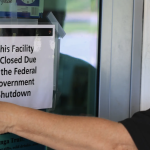






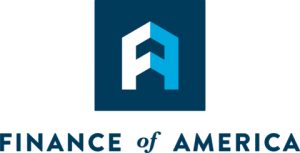
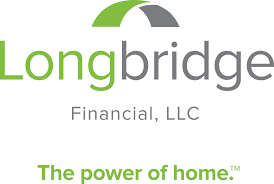
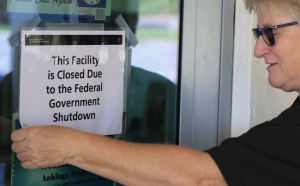

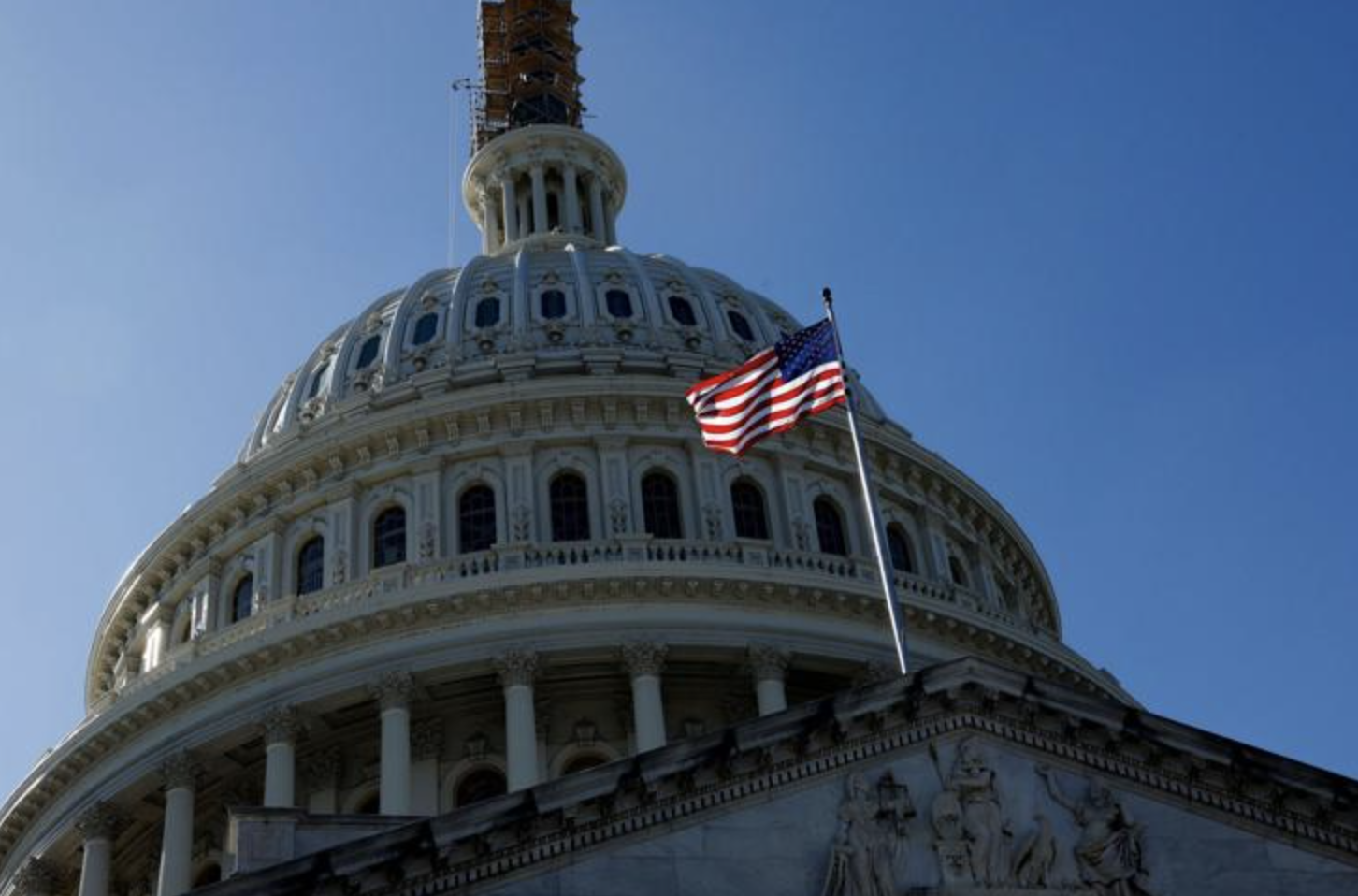
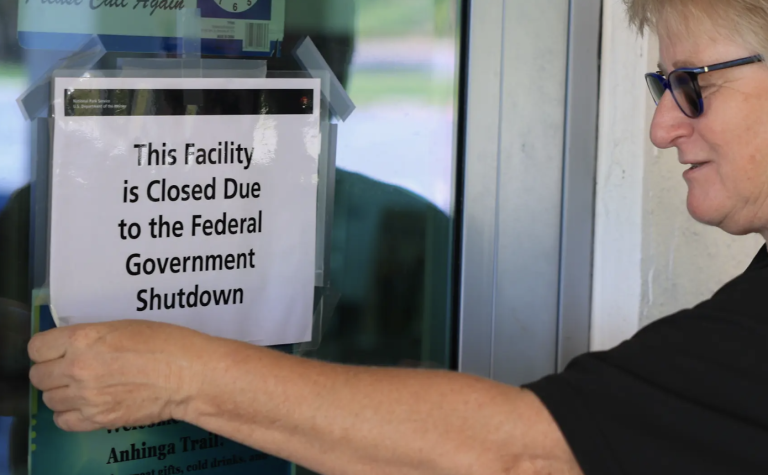

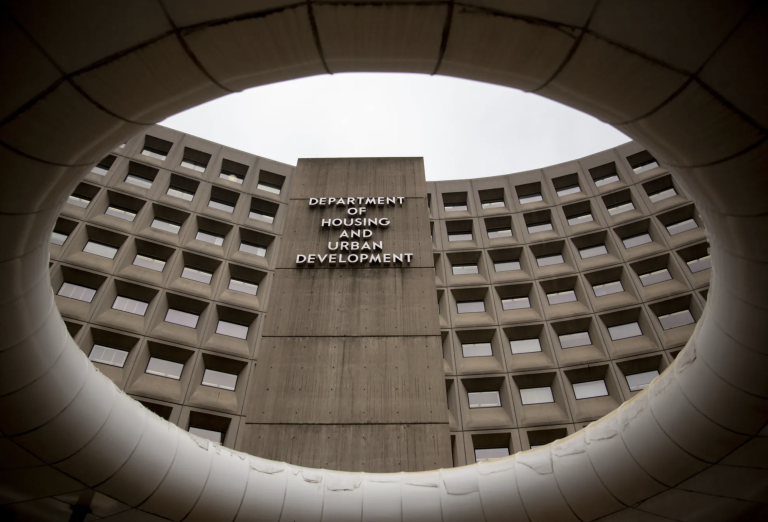
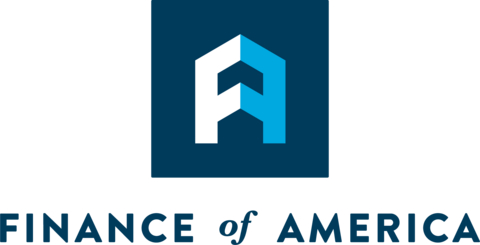



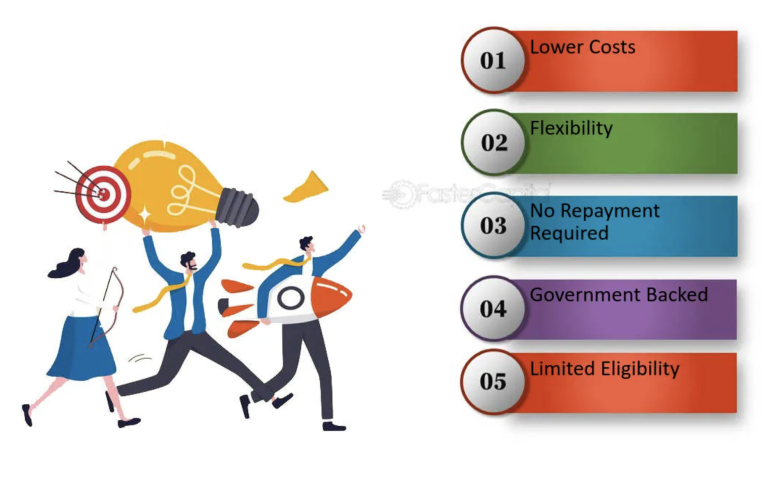
The potential government shutdown and its implications for the reverse mortgage industry are causes for concern. This article rightly highlights the critical role that government agencies, such as the Federal Housing Administration (FHA) and the U.S. Department of Housing and Urban Development (HUD), play in the industry. Any disruption in their operations, like the inability to endorse Home Equity Conversion Mortgages (HECMs), could have cascading effects. It underscores the need for stability and reliable support in the reverse mortgage sector, emphasizing the importance of avoiding shutdowns to ensure that seniors can continue to access this essential financial tool without interruptions.
Thank you for your insightful comment. Indeed, the potential government shutdown’s implications on the reverse mortgage industry are a matter of concern. Your observation on the critical role of government agencies in the sector’s stability and the need for uninterrupted support is well-founded.